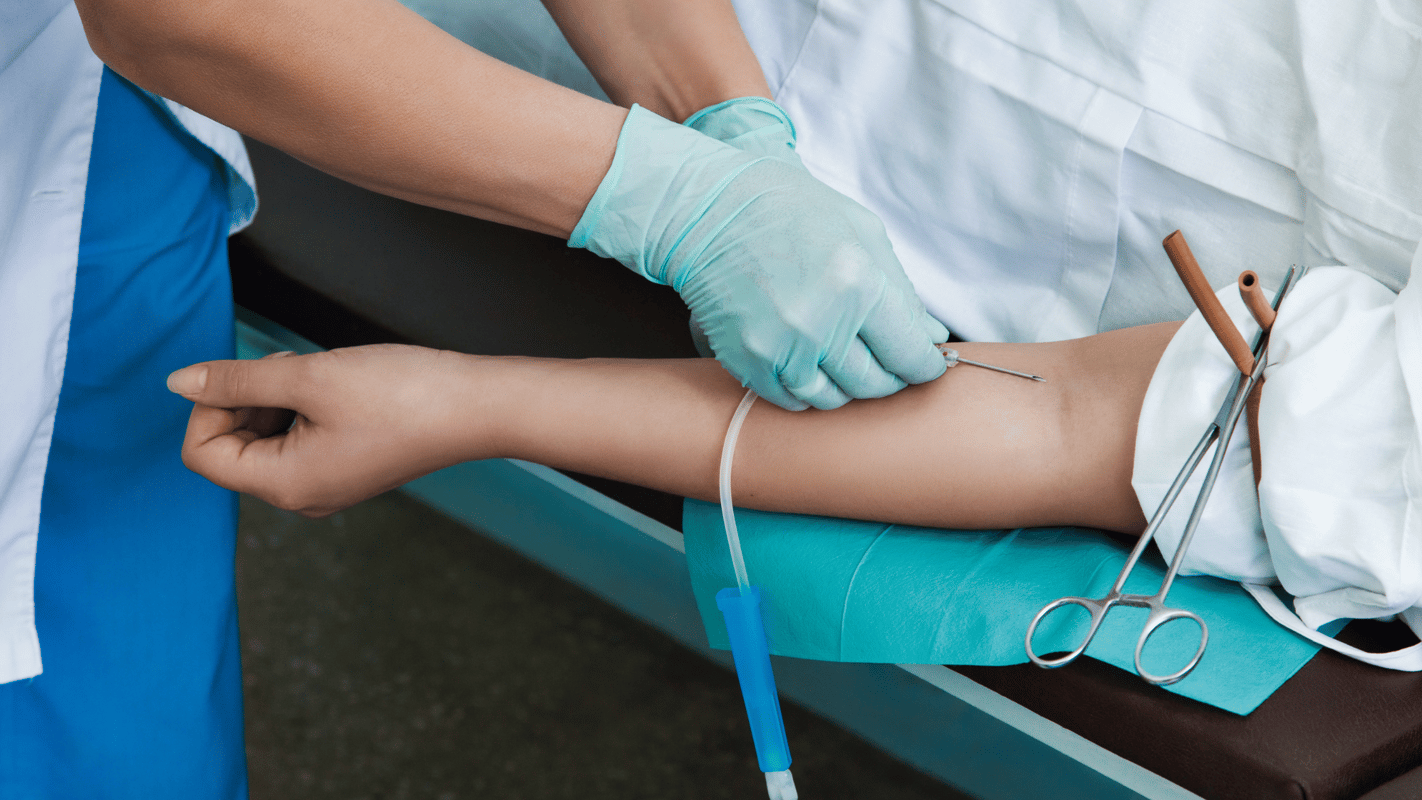How to Become a Phlebotomist in Massachusetts (2025)

Phlebotomy is an essential healthcare profession focused on collecting and handling blood samples for analysis. This blog will guide you through becoming a certified phlebotomist in Massachusetts.
Career Growth Opportunities
Phlebotomy can lead to:
- Training and supervising new phlebotomists
- Medical assistant or lab technician roles (with extra courses)
- Nursing or other allied-health careers
- Specialized lab work in diagnostics or research
Frequently Asked Questions
What is a phlebotomist?
A healthcare professional trained to draw blood safely and accurately.
How much do phlebotomists make in Massachusetts?
About $50,660 per year, based on 2024 BLS data.
How long is phlebotomy training?
Most programs last 4 – 8 weeks.
Do I need a license to work as a phlebotomist in Massachusetts?
No. The state does not license phlebotomists, but employers expect national certification.
Can I get certified without previous experience?
Yes. Training programs include the clinical experience you need.
Final Thoughts
Becoming a Phlebotomist in Massachusetts can be a rewarding career path, as you will play a crucial role in the healthcare system by collecting and processing blood samples. By completing the necessary training and certification requirements, you can start your journey towards a fulfilling career in Phlebotomy.
Don’t wait — phlebotomy programs in Massachusetts fill up fast.
👉 Compare classes and get started at Dreambound
Looking at other healthcare roles in Massachusetts? Try:

Athena is Co-founder and CEO of Dreambound.





